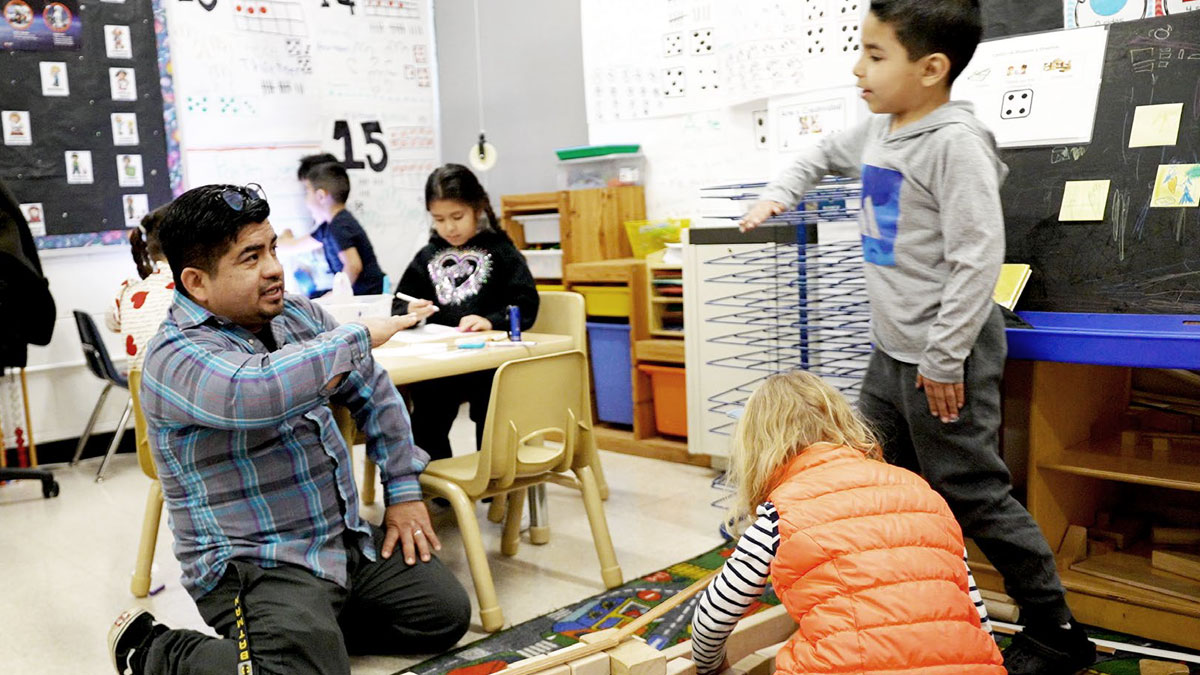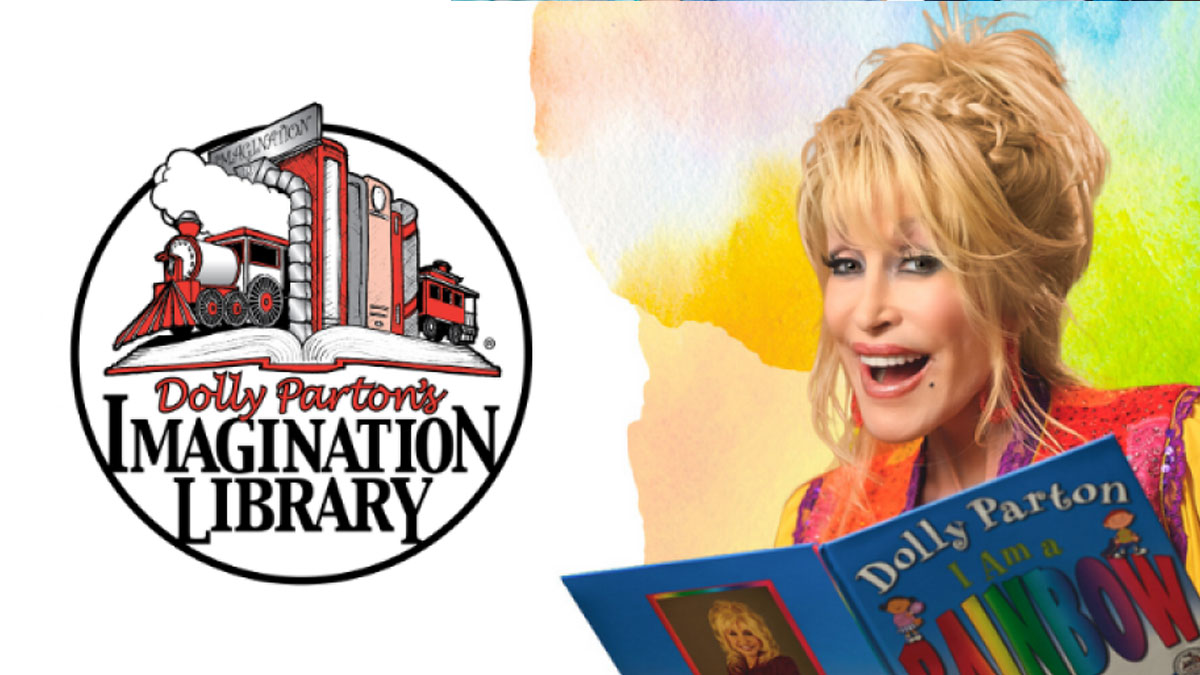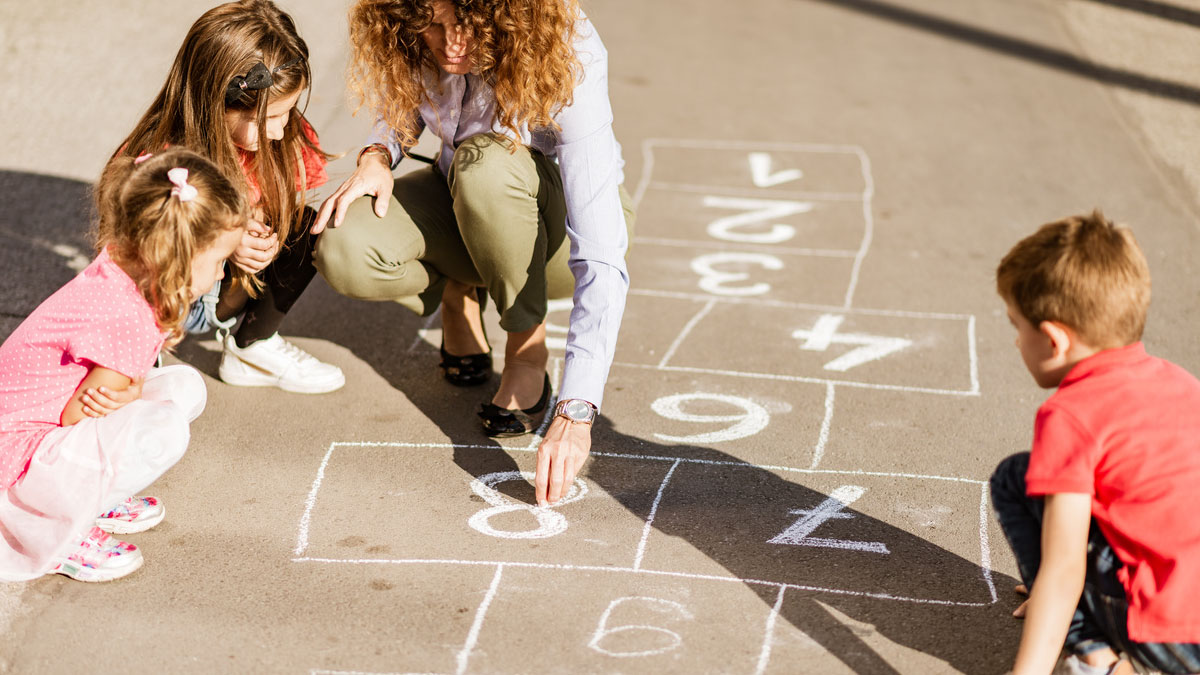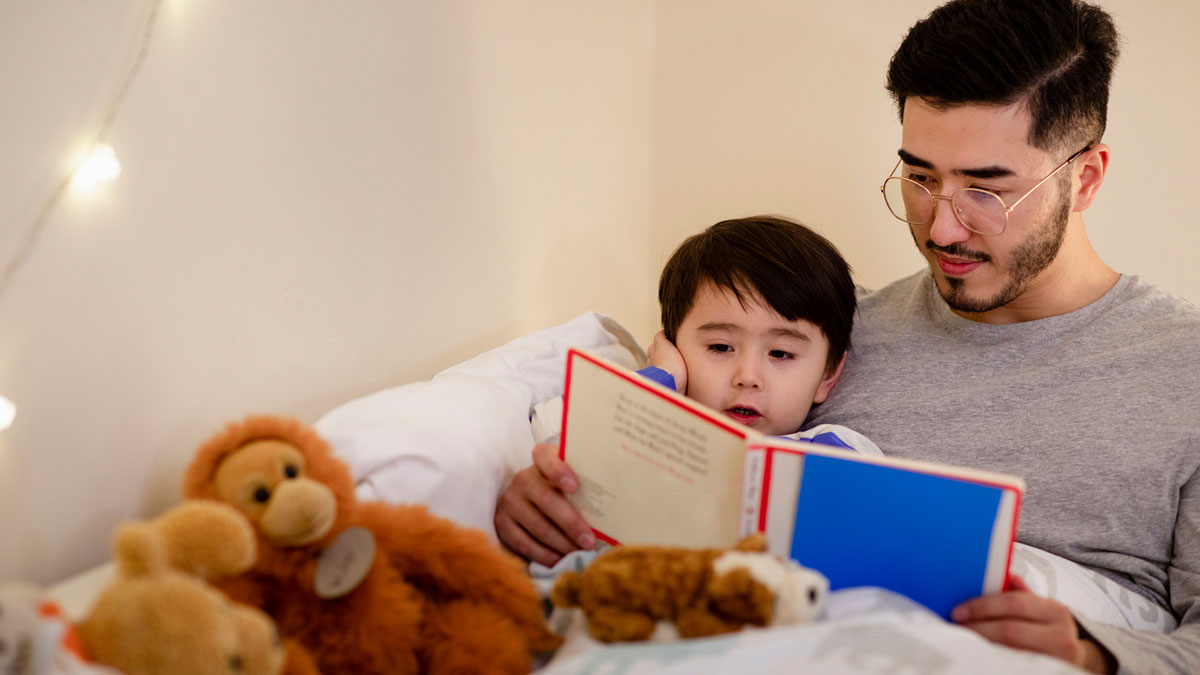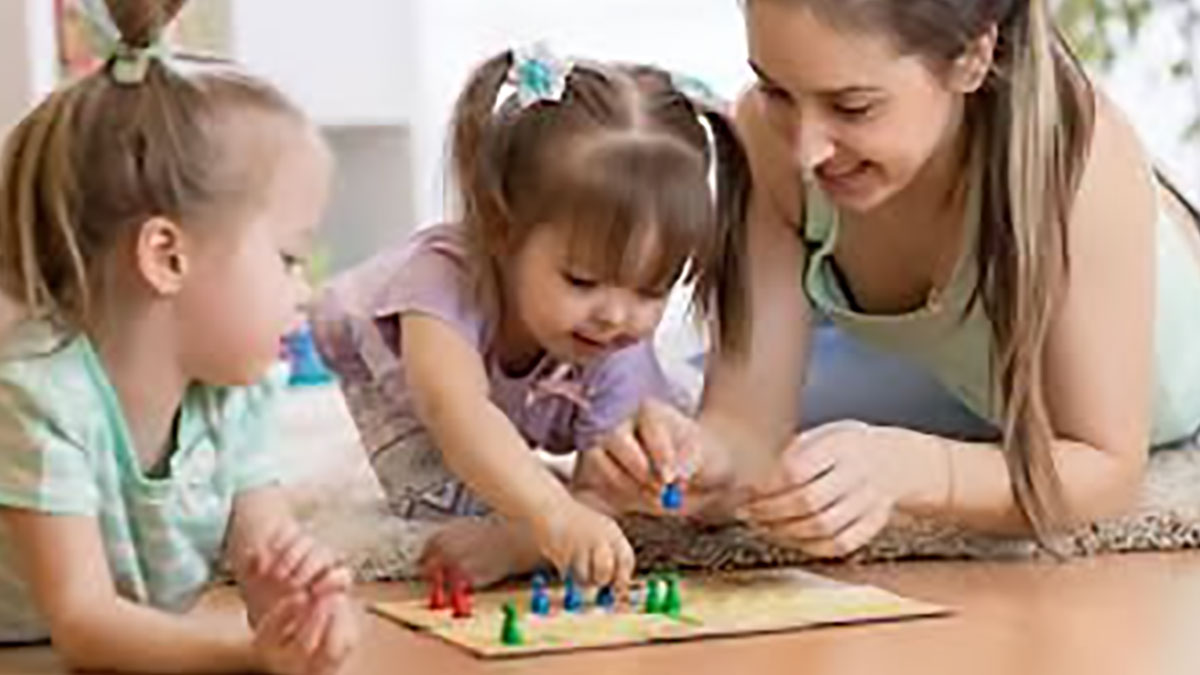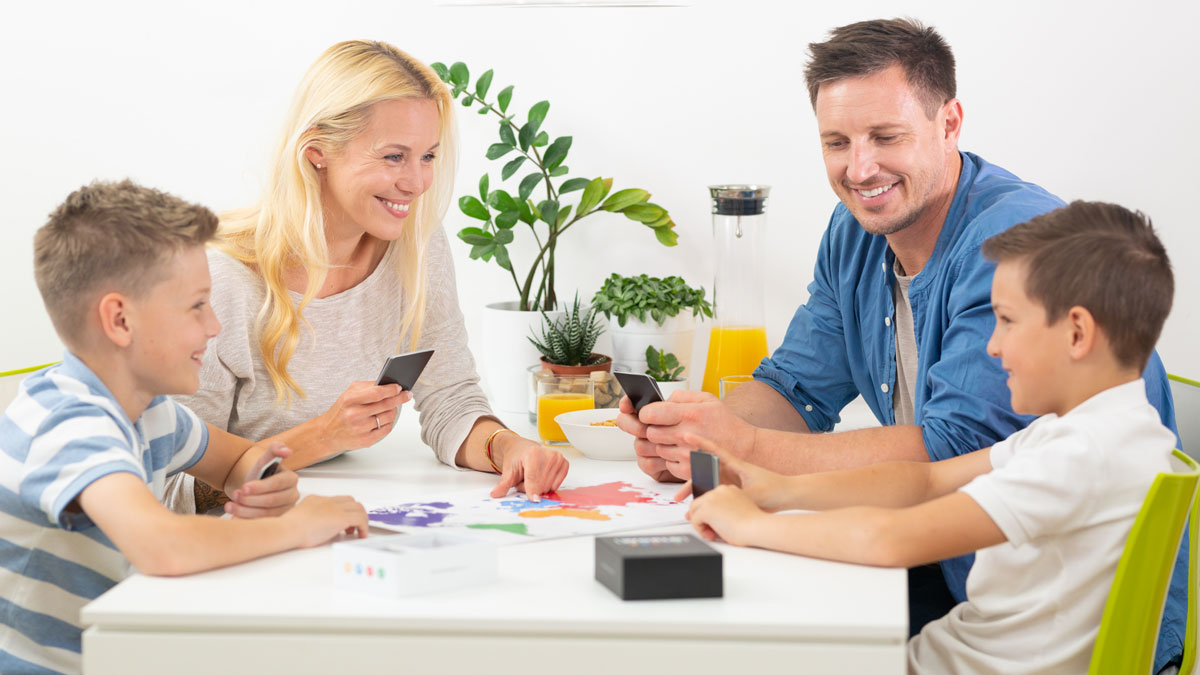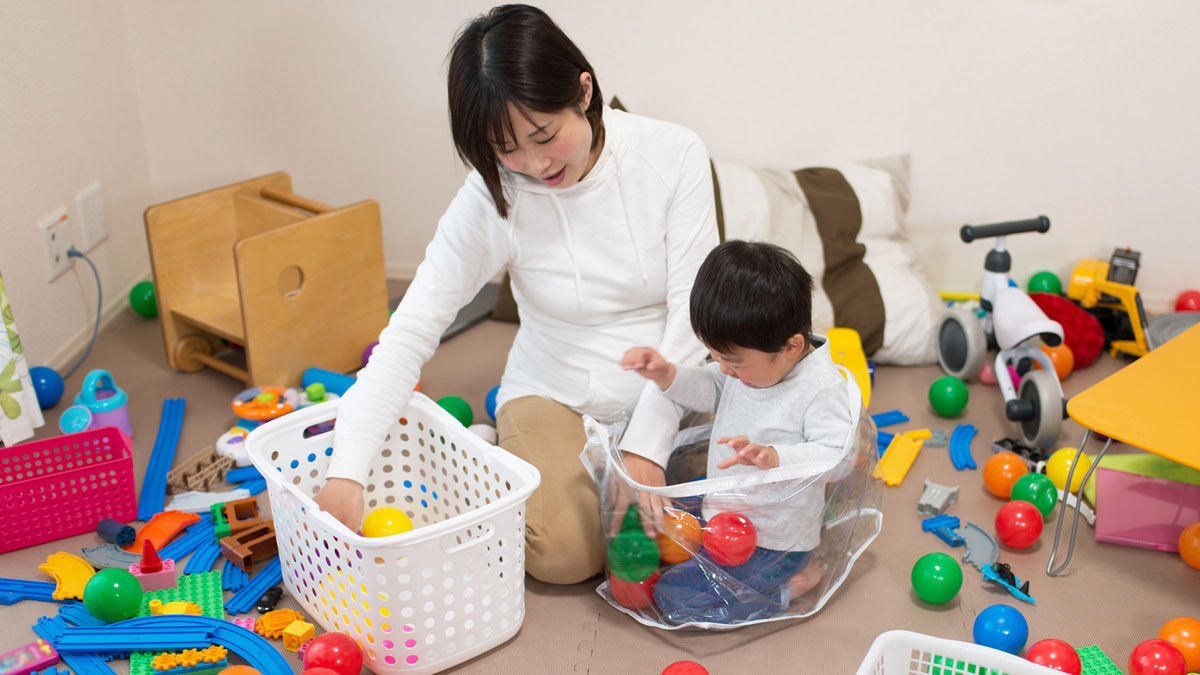
Plano Area Chamber Spotlights PAASSS
On August 16, 2024 the Plano Area Chamber did a "spotlight" article on PAASSS and the important work we do to support our surrounding community. The article included an interview with Chairperson Laurel Mateyka that appears on their Facebook page.

Business in Action Student Turns Intern for PAASSS
Taylor Headley has been a creative, enthusiastic, and innovative intern for our community collaboration over the last 8 months. She began working with PAASSS as a student at NIU in Fall 2023 when PAASSS was selected as a sponsor for the Business in Action course in which she was enrolled.

